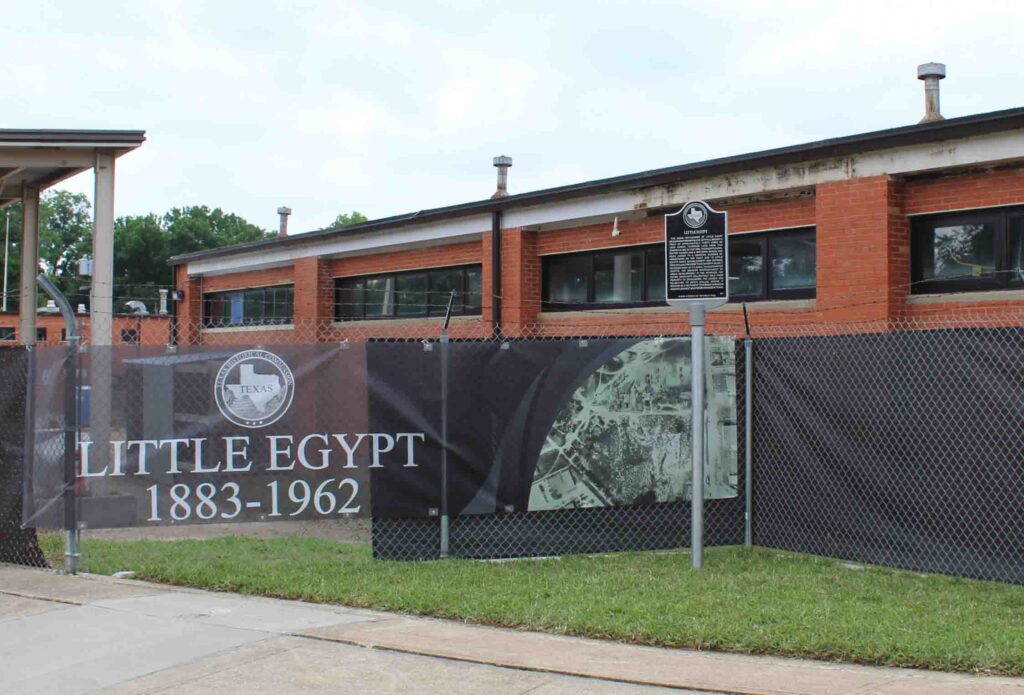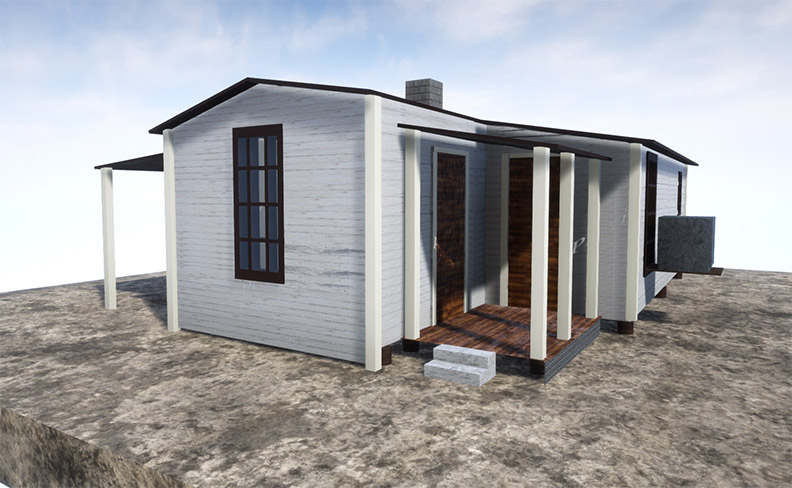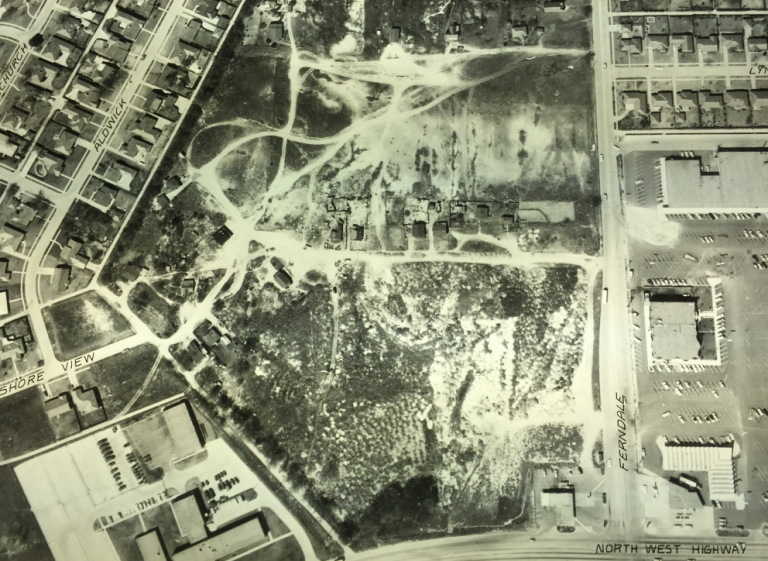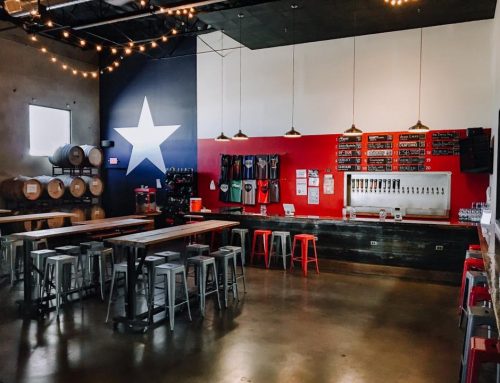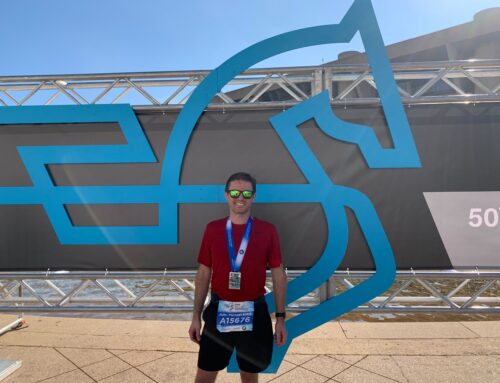If you’ve ever whizzed around White Rock Skate, taken a dip in the K.C. Pool or dropped off a car for repairs at Northlake Automotive, you’ve been directly in the bull’s eye of Dallas history. Thanks to researchers at Dallas College’s Richland campus and planners at the City of Dallas, Lake Highlands will forever remember the legacy of the Little Egypt Community.
A permanent historical marker was unveiled Saturday outside the Park Department’s Paul Dyer Administration Complex, formerly known as the Muchert Army Reserve Center. The plaque honors African Americans who settled 30 acres in that area after the Civil War and raised families there until they were displaced in 1962.
“I feel like I’m walking on hallowed ground,” said Councilman Adam McGough. “History is something we have to know, and getting to know our ancestors who lived that history is incredibly important. The rest of our city needs to know what happened here and learn the legacy of what went on.”
Dozens of Little Egypt family descendants were on hand for the unveiling, including relatives of Jeff and Hanna Hill, enslaved persons who purchased the original plot of land in 1883 after being freed in 1865. Many still attend Egypt Chapel Baptist Church, which relocated to Oak Cliff and is still going strong.
The story of Little Egypt, named by founding families to commemorate their own journey out of bondage, might have been lost forever if not for Dr. Tim Sullivan and Dr. Clive Siegle, two Richland College professors who put their students to work uncovering the settlement in 2015. With no running water or paved roads, the community left few tell-tale signs behind after the homes were bulldozed by developers. But students interested in anthropology, history and genealogy spent hours taking oral histories from families and digging for clues at the site. They hit a treasure trove in the empty lot next to East Lake Veterinary Hospital, where veterinarian Dr. Karen Fling let students dig away.
“Summer after summer, students performed archeologic digs here in our backyard and found, apparently, some significant artifacts,” Fling told me. “At first, I couldn’t believe it. It’s a wonderful thing to have been a part of that history and see it come to fruition.”
Sullivan and Siegle give credit to their students, who recorded oral histories of pioneer families and carefully recovered their long-lost artifacts, but the families heap praise upon the professors, who were relentless in their pursuit of Little Egypt’s hidden history.
“Brother Siegle and Brother Sullivan were persistent in making this happen,” said Jerry McCoy, who lived with his family in Little Egypt as a child. “They would have us come and talk about this and that, and we thought we were talking about nothing, but they thought we were talking about something.”
Years worth of research was interrupted by the pandemic and slowed each semester as new crops of students were trained to join the team. Students lit up with enthusiasm, though, as they saw history come to life in the stories of the families.
“Little Egypt is emblematic of the resilience of Black rural communities during a very difficult period of time — post-Civil War Reconstruction all the way up to the beginning of the Civil Rights era,” Siegle said. “They stuck together and persevered, and their descendants are still here.”
Siegle and Sullivan say they are hoping to eventually store and display their findings at the African American Museum at Fair Park. They are not finished with their research, and they encourage anyone willing to share their information or recollections to email cgsiegle@earthlink.net.
“We want to talk to you,” said Siegle. “We want this project to grow legs and continue.”
Funding for the historical marker was provided by the Rotary Club of White Rock, which first began supporting the project in 2016. The plaque sits on the west side of Thurgood Lane just outside the actual boundaries of Little Egypt, but that’s strategic. Since it’s on Dallas Park and Recreation land and not private property, the marker is safe from future development and is viewable at all hours, rain or shine.
The marker reads as follows:
“The rural settlement of Little Egypt began when former slave Jeff Hill bought a tract of approximately thirty acres of land across Thurgood Lane from this marker in 1883. By the 1920s, the Egypt Chapel Baptist Church and a one-room school had been added to a growing number of homesteads on the tract. Due to Little Egypt’s early establishment and distance from Dallas, for more than seventy years it retained many of its rural characteristics despite the growing encroachment of urban development. In 1962, however, the entire community collectively sold their property to developers. The church was relocated to South Dallas, where it remains as a testament to African American accomplishment and perseverance in Texas.”
Residents of Little Egypt were buried at McCree Cemetery, 9934 Audelia just south of Estate Lane, on the side reserved for decedents of color. The McCree Cemetery Association, the Plano Conservancy for Historic Preservation and Versar Inc. will host a Cemetery Stroll and Clean Up from 9 a.m. to 3 p.m. June 3. Volunteers are asked to wear long pants and bring work gloves, water and, if possible, clippers and a rake.

Pioneer family descendants , researchers and dignitaries stand with the Little Egypt historical marker.

